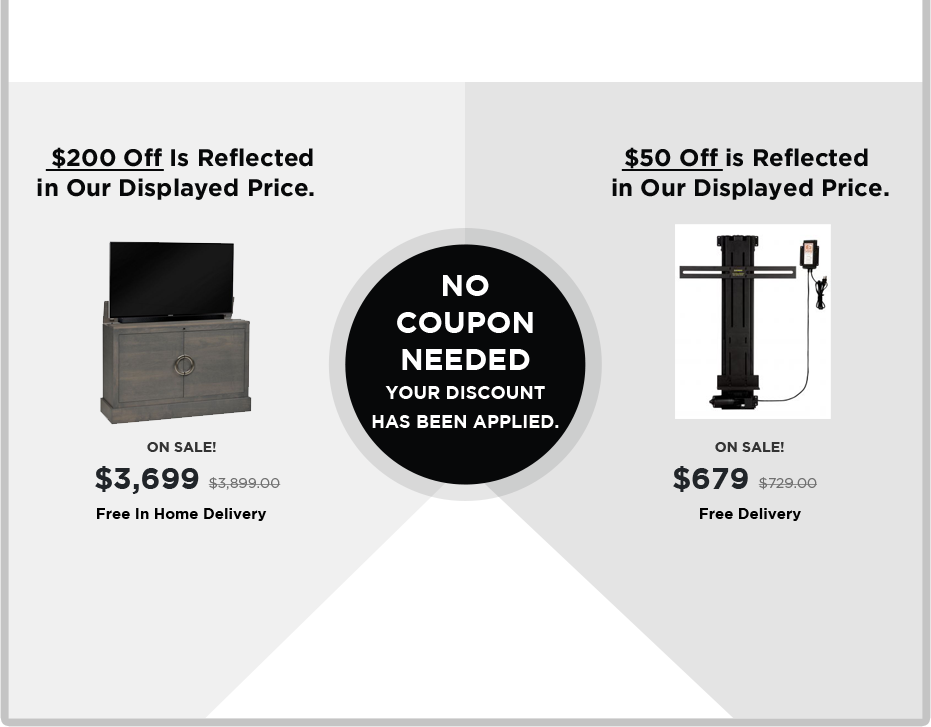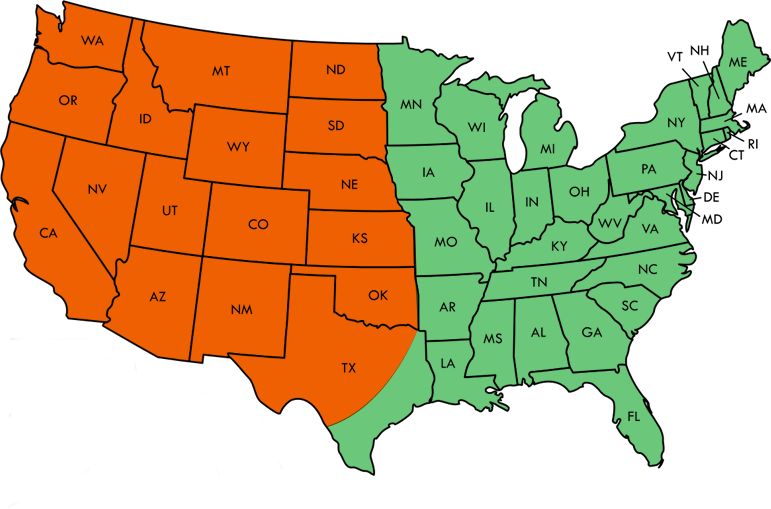Microsoft recently filed a formal complaint with the European Union’s competition regulator against Motorola. Motorola which recently got bought by Google, holds key patents on technologies necessary to stream video content to TV Lift Cabinets and connect wirelessly to the internet.
"We have taken this step because Motorola is attempting to block sales of Windows PCs, our Xbox game console and other products," Dave Heiner, Microsoft's deputy general counsel, wrote in a blog post.
"Motorola is on a path to use standard essential patents to kill video on the Web, and Google as its new owner doesn't seem to be willing to change course," Heiner added.
However, Motorola is claiming that both Microsoft and Apple Inc. are using their patents for their products without permission. In fact, Motorola has legal cases against both companies filed in Europe and the United States.
Microsoft filed the complaint this week because they say that Motorola is overcharging them for patent usage. The current patent charge rate is 2.25 percent of the product’s total price. If the product is $1000, then Microsoft gets charged a patent fee of $22.50. Microsoft claims that the other 29 companies that hold a total of 2,300 patents related to this standard charge only 2 cents for using their patents. Two cents versus $22.50 is a significant price difference.
"If every firm priced its standard essential patents like Motorola, the cost of the patents would be greater than all the other costs combined in making PCs, tablets, smartphones and other devices," Heiner wrote. "Obviously, this would greatly increase the prices of these devices for consumers."
The EU is currently investigating this formal complaint. Under their competition rules, patents must be offered at a fair price to other companies when patents are deemed necessary for technology industry standards. If patent holders charged high prices for use of their patents then companies would have to adjust their product prices higher to end consumers in order to be profitable. It would also give patent holder companies an unfair advantage on market. Neither is good for the industry or end consumer, which is why the EU is closely investigating this matter.
"We have taken this step because Motorola is attempting to block sales of Windows PCs, our Xbox game console and other products," Dave Heiner, Microsoft's deputy general counsel, wrote in a blog post.
"Motorola is on a path to use standard essential patents to kill video on the Web, and Google as its new owner doesn't seem to be willing to change course," Heiner added.
However, Motorola is claiming that both Microsoft and Apple Inc. are using their patents for their products without permission. In fact, Motorola has legal cases against both companies filed in Europe and the United States.
Microsoft filed the complaint this week because they say that Motorola is overcharging them for patent usage. The current patent charge rate is 2.25 percent of the product’s total price. If the product is $1000, then Microsoft gets charged a patent fee of $22.50. Microsoft claims that the other 29 companies that hold a total of 2,300 patents related to this standard charge only 2 cents for using their patents. Two cents versus $22.50 is a significant price difference.
"If every firm priced its standard essential patents like Motorola, the cost of the patents would be greater than all the other costs combined in making PCs, tablets, smartphones and other devices," Heiner wrote. "Obviously, this would greatly increase the prices of these devices for consumers."
The EU is currently investigating this formal complaint. Under their competition rules, patents must be offered at a fair price to other companies when patents are deemed necessary for technology industry standards. If patent holders charged high prices for use of their patents then companies would have to adjust their product prices higher to end consumers in order to be profitable. It would also give patent holder companies an unfair advantage on market. Neither is good for the industry or end consumer, which is why the EU is closely investigating this matter.


